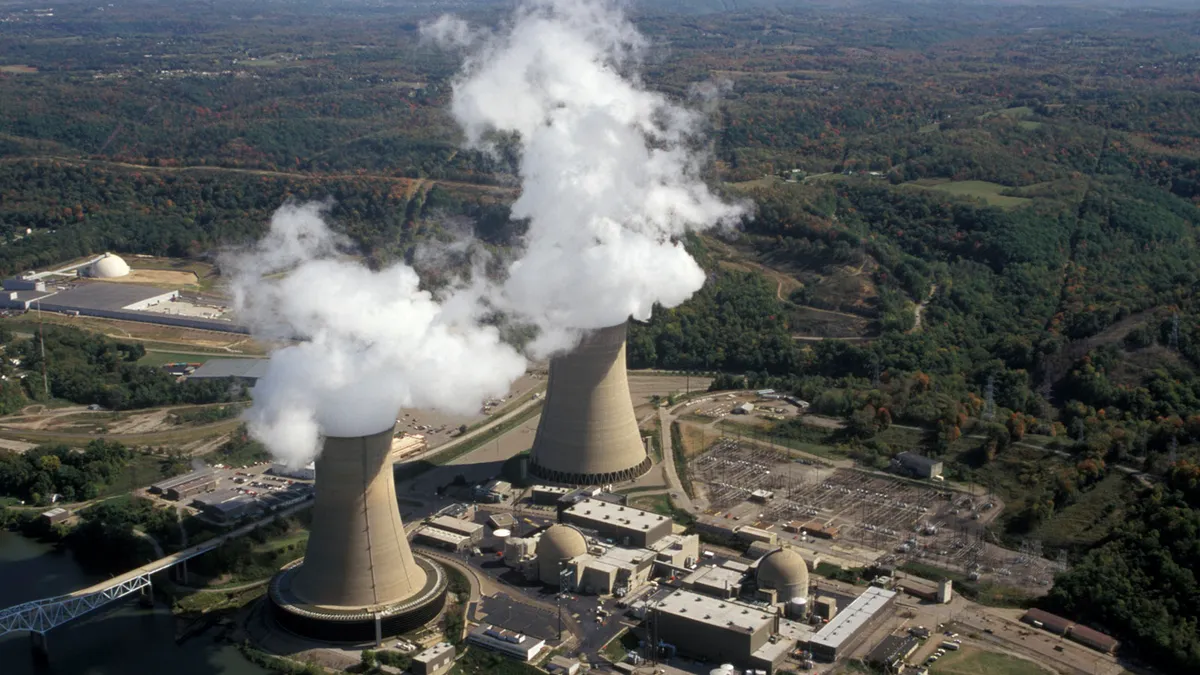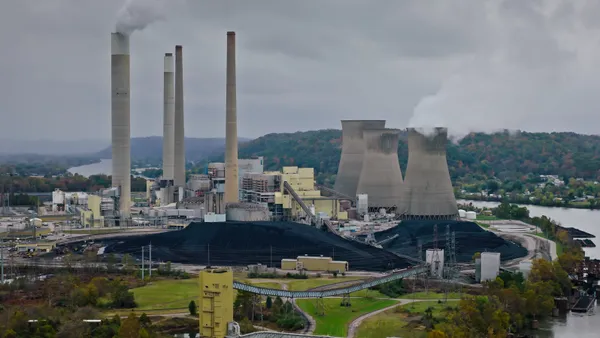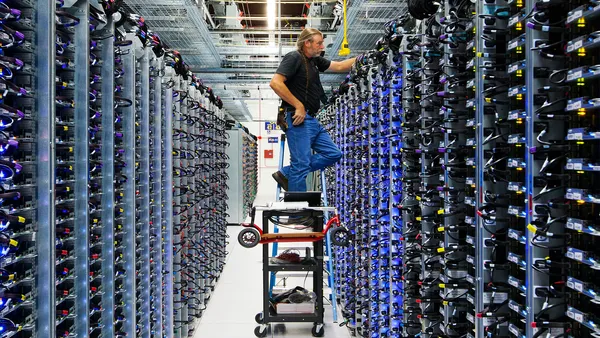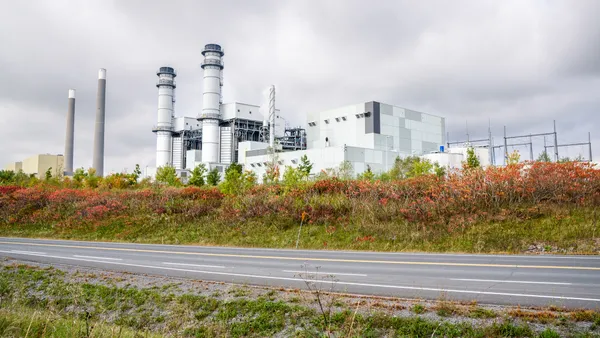Dive Brief:
- A New Jersey Senate Committee delayed a hearing on a bill proposing subsidies for two nuclear plants owned by Public Service Enterprise Group's nuclear fleet. Meanwhile, the head of the Division of Rate Counsel says the bill could cost ratepayers roughly $4 billion a decade.
- The bill, S.877, also includes initiatives for energy efficiency and solar, which the Division of Rate Counsel claims will boosts costs even more. The bill would also would require the utility to open its books and prove the subsidies are necessary.
- PSEG has pressed for subsidies of about $350 million annually over 10 years, saying that its two plants were unable to make money otherwise. But an Associated Press report noted that the utility worked with the former Gov. Chris Christie on a previous iteration of a bill and shielded financial information.
Dive Insight:
There is still an open question of whether PSEG needs financial support, but ratepayer advocates are warning that should the bill push forward, it could cost ratepayers billions.
According to NJ Spotlight, the final price tag would include $3.4 billion for the nuclear subsidies and more than $950 million for other conservation and clean energy incentives over a decade. Stefanie Brand, director of the public agency, told Utility Dive the analysis was conducted by Acadian Consulting at her request, and was prepared as a memo for her testimony for the now-canceled hearing. The memo, which is not available to the public, only quantified the nuclear and solar Renewable Portfolio Standard portions of the bill, Brand said.
The bill would establish a Nuclear Diversity Certificate program to support PSEG's Salem and Hope Creek nuclear plants, which the utility says will be losing money within a couple of years, at which point they would be shut down.
As with other state programs designed to support struggling nukes, the NDC subsidies specify they are supporting nuclear's attributes, such as carbon-free energy, rather than the energy itself. The legislation would create NDCs "representing the environmental and fuel diversity attributes of one megawatt-hour of electricity generated by an eligible nuclear power plant selected by the board."
New York, Connecticut and Illinois have also passed laws to support nuclear plants facing similar issues. How to reconcile state programs with wholesale power rates, which are regulated by the Federal Energy Regulatory Commission, is an ongoing debate. Federal courts in Illinois and New York separately upheld the subsidy programs in those states.















